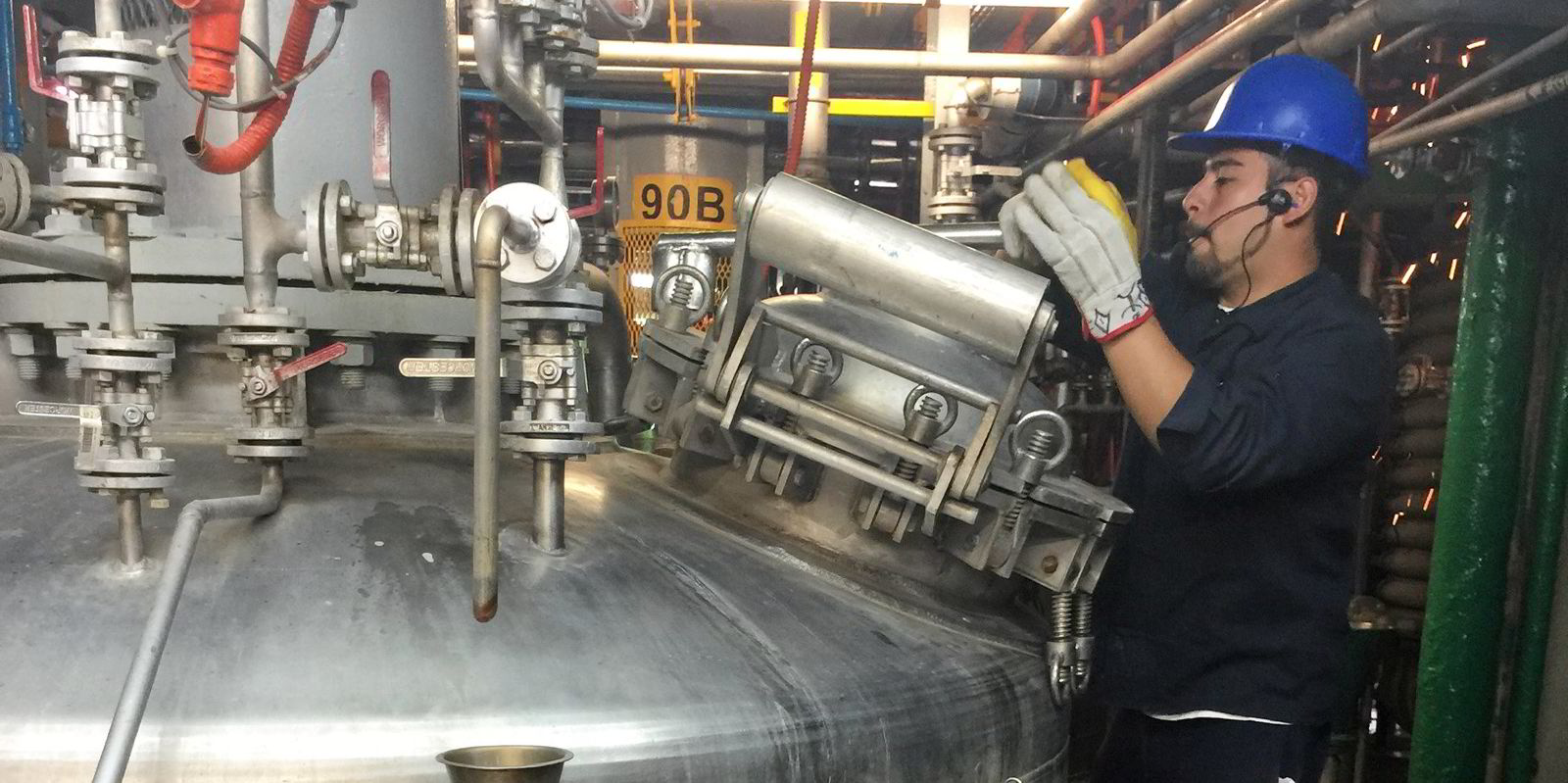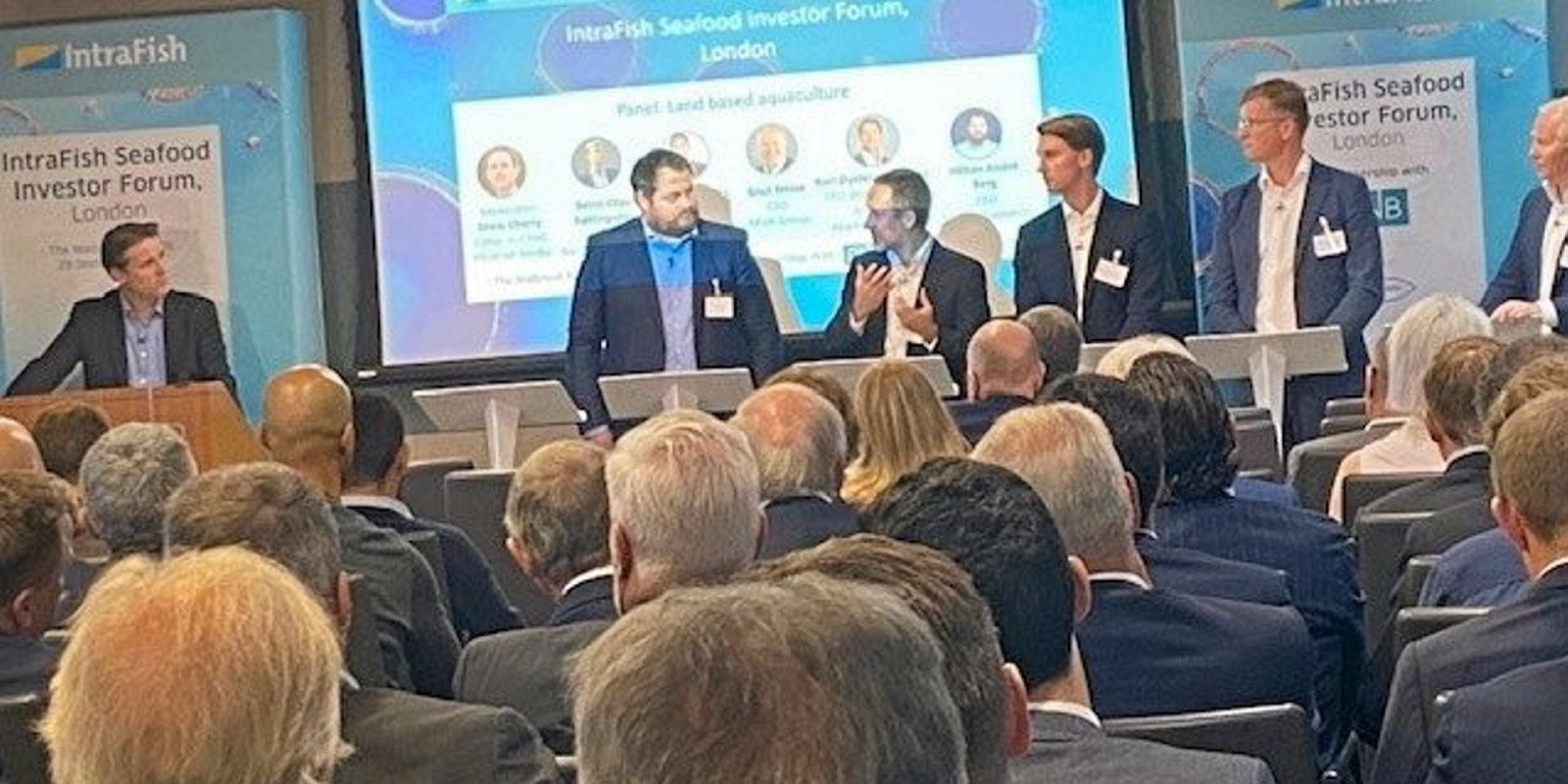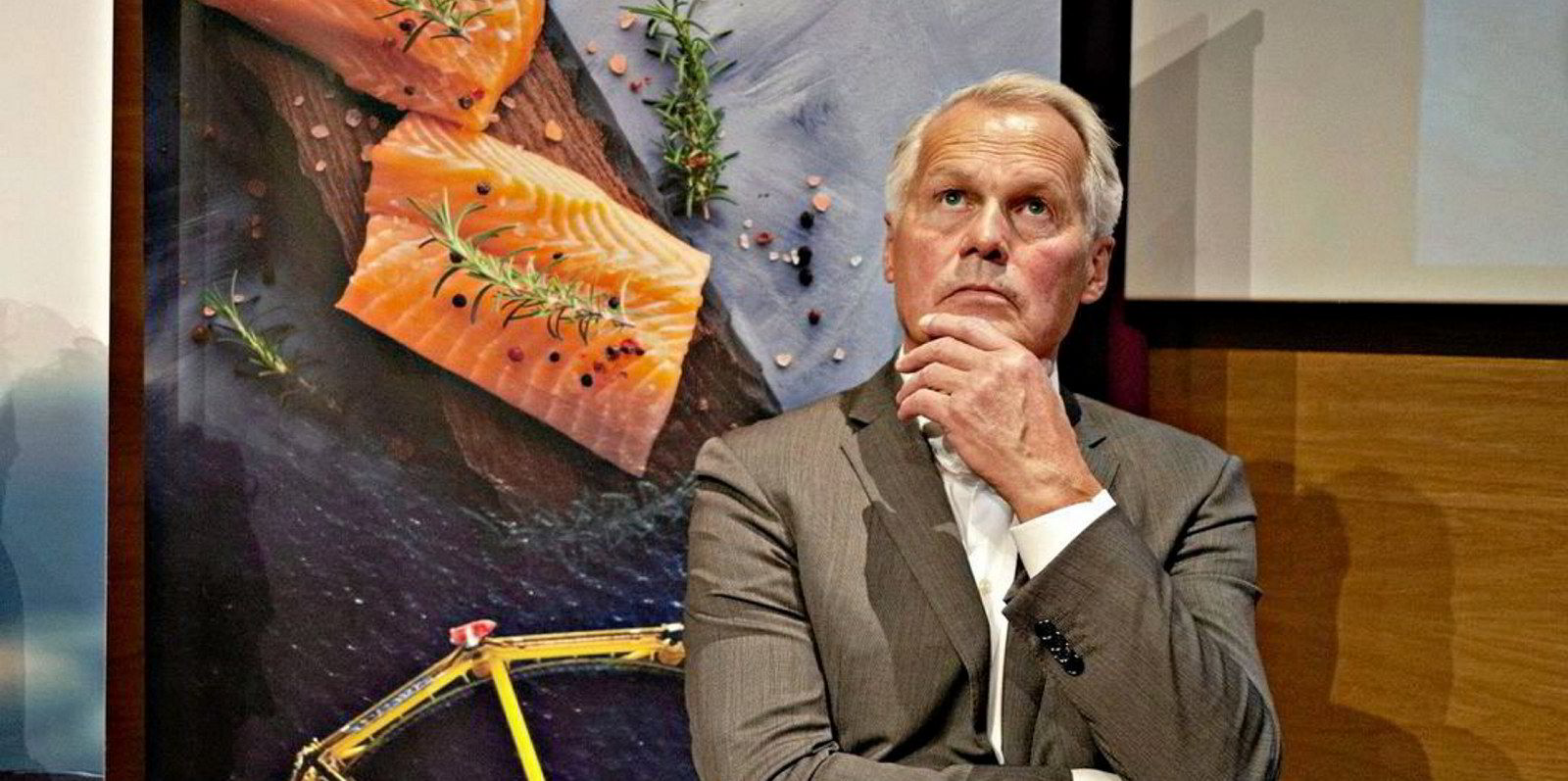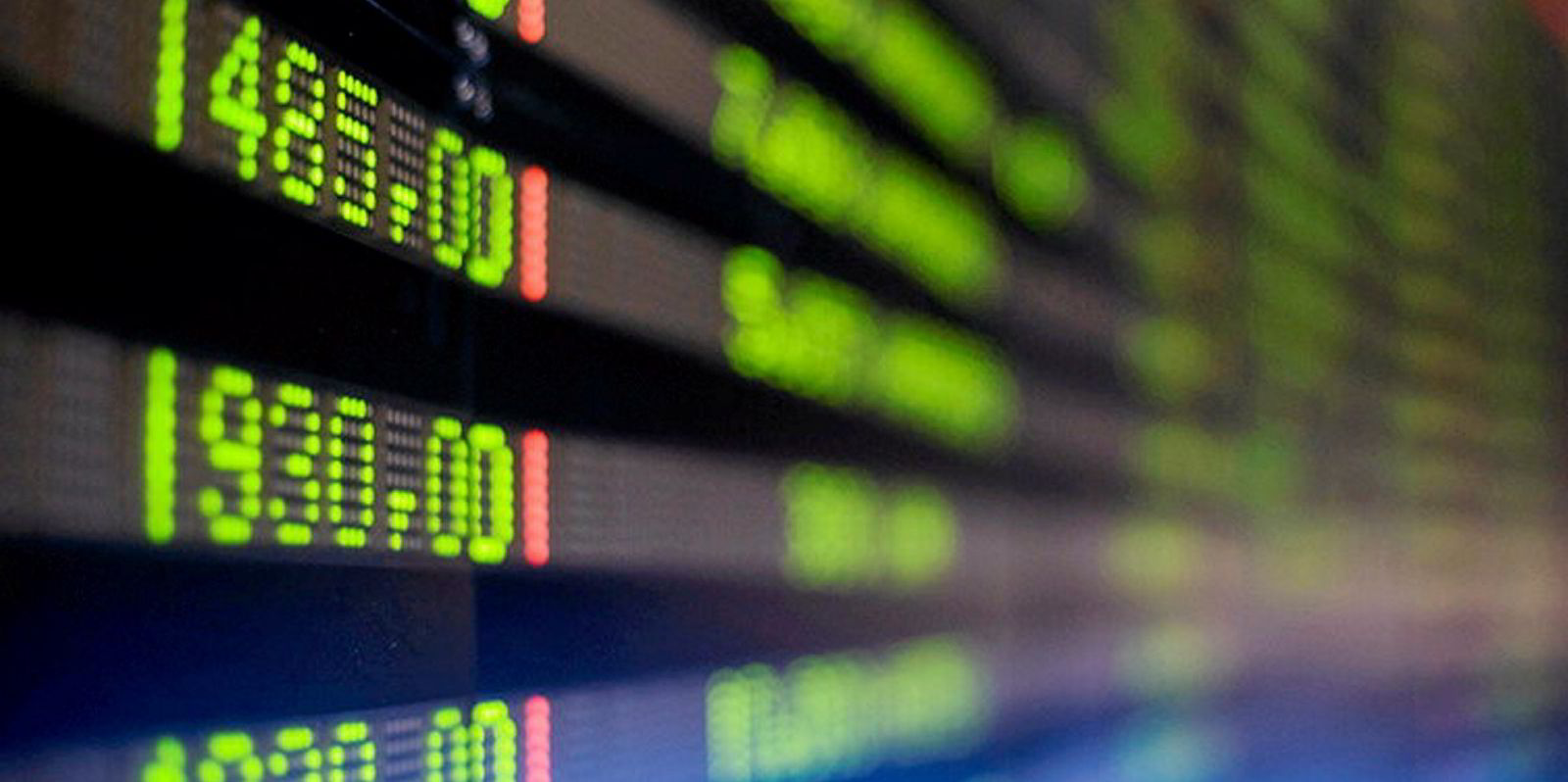Massachusetts-based biotechnology company KnipBio said it is on the cusp of moving into commercial production after recently winning approval for its single-cell protein for use in salmon aquafeed in Canada.
In the past year, the company has produced around 100 metric tons of its feed protein using third-party production facilities, having earlier gained regulatory approval in the United States for use in both finfish and shrimp feed.
"We are at industrial scale and are in commercial demonstrations with multiple farms," KnipBio CEO Larry Feinberg told IntraFish.
"Within 15 months, or probably a little bit more than a year, is when this thing starts to ramp up, first in the hundreds of metric tons then into the thousands of metric tons within a few years easily."
Feinberg concedes that progress on the project has been slowed by the COVID-19 pandemic but he is now stepping up a drive to attract strategic investors to accelerate KnipBio's goals.
"We have demonstrated that the process is highly scalable," Feinberg said. "It's now time to step on the gas pedal and put the proper investment into manufacturing."
The level of investment required is low by industry standards because the company is essentially looking to take over a third-party manufacturing asset and/or establish a more permanent residency as it ramps up production, according to Feinberg.
"We are at the stage now where more intelligent capital that has industry specific expertise would be very useful because supply chain logistics, manufacturing and operational excellence are things that are not necessarily inherent to a biotech guy with his petri plates and pipettes," he said.
While intentionally using third-party manufacturing at the moment, the company doesn't need to build its own plant from day one, although it plans to do so eventually.
There is also the question of soaring building material costs against a background of the highest inflation levels in decades and high interest rates making the use of third party manufacturing facilities even more of a sound business decision for the company.
Smoothing the path
Having approval on both sides of the US Canadian-border is a boon for the company with mills on one side and farmers on the other as it can move product back and forward seamlessly.
But gaining approvals is a costly, time consuming business, which in the United States took five years and in Canada three years, including time lost for the pandemic.
In a global business this has led Feinberg to call for greater reciprocity among regulators.
Against this backdrop the timeline for KnipBio's entry to the biggest salmon markets in Norway and Chile salmon depends on the timeline for investment.
Forecasts are that the aquaculture industry will be short of 30-40 million metric tons of feed ingredients by 2030, with this predicted to rise to 50-60 million metric tons by 2050. Can KnipBio plug these gaps?
"There is no hard ceiling on single cell protein production. Whether it's liquid fermentation like ours or gas fermentation like Calysta's or solid fermantation there is so many different approaches and so many different ways to get at this," Feinberg said.
"We are literally talking about an Amazon rainforest under our fingernails that use all different sorts of foods that can make all different sorts of proteins. You can name all 10 or fifteen companies [using that] so that is barely scratching the surface of a) the microbial diversity and b) the potential."
Read more
- Norway salmon prices edge higher as currency weakens
- Actor Woody Harrelson pours more money into plant-based tuna brand Good Catch
- Cermaq defends biomass increase for sites in British Columbia
- Faroes salmon farming giant Bakkafrost escapes ramped up tax... for now
- 'The government is setting sea against land': Norway land-based salmon farmer Gigante voices shock at tax news




